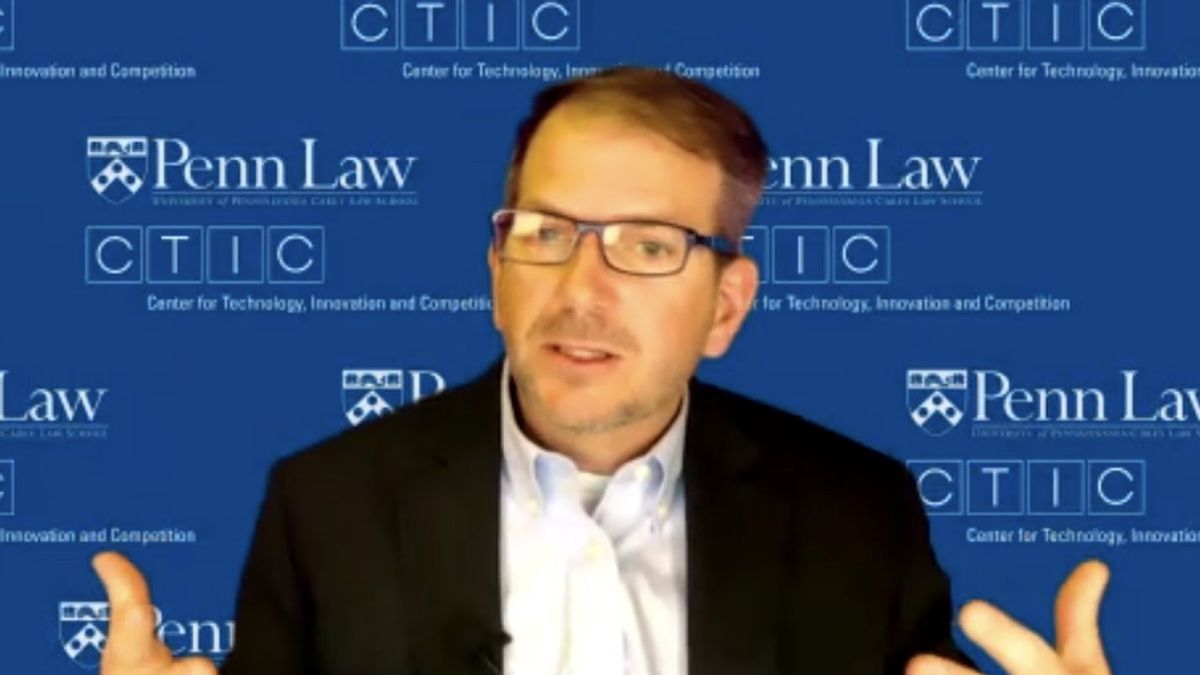JAKARTA - Twitter's claim that Meta Platforms Inc., stole trade secrets to build their new microblogging site that may be the first step in a legal battle between the social media giants. But experts say Twitter should cross high barriers if they sue for that.
In a letter sent on Wednesday, July 5, Twitter claimed that Meta used their trade secrets to develop their new social media platform, Threads. Twitter demands that Meta stop using the information. Twitter said that Meta had recruited dozens of former Twitter employees, many of whom "not correctly defend" devices and documents from the company, and said Meta "deliberately" assigned them to work on Threads. It is not yet clear whether there will be a lawsuit.
A Twitter spokesperson did not immediately respond to a request for comment from the media. Meta spokesman Andy Stone said in a Threads post on Thursday July 6 that no member of the site's engineering team was a former Twitter employee.
Legal experts say that while many companies have accused competitors who recruited former employees and had similar products of stealing trade secrets, these cases are difficult to prove.
"To win, a company needs to show that its competitors are taking information that has economic value and that the company has made "natural efforts" to maintain the confidentiality of the information," said Polk Wagner, a professor of law at the University of Pennsylvania.
"However, the question of what is a "reasonable attempt" can be complicated," he said. "The trial is very clear that you can't just raise your hand and say something is a trade secret. On the other hand, you don't need to lock everything so tight that no one can use that information."
Meta launched Threads last Wednesday as the first real threat to Twitter, which has left many users and advertisers dissatisfied since billionaire Elon Musk bought the microblogging site last year.
Threads has some resemblance to Twitter, just like the rest of the social media sites that have appeared in recent months.
One of the elements that the court pays attention to is whether a company has explained to employees that certain information that is a problem is trade secret.
Sharon Sandeen, a professor at the Mitchell Hamline School of Law in St. Paul, Minnesota, said companies had lost a trade secret case when they claimed that employees were bound by agreements that included all company information as a secret.
SEE ALSO:
"The court has stated that employees have no way of knowing from a very general language what is secret and what is not," Sandeen said.
The companies often carry trade secret cases just to find that their claims are not as strong as they think they are, experts say.
Sandeen is showing a well-known legal battle between Alphabet's autonomous vehicle unit Waymo and sharing transport service company Uber Technologies. The case began with allegations of thousands of stolen documents, ending in disagreement over some minor documents.
Uber settled the case just before the trial by paying USD 245 million (IDR 3.7 trillion) in their own shares.
While trials are rare in trade secrets cases, settlements are common, Wagner said.
"Incentives to resolve cases like this are very strong as no one wants classified information to be discussed more than necessary," he said.
The English, Chinese, Japanese, Arabic, and French versions are automatically generated by the AI. So there may still be inaccuracies in translating, please always see Indonesian as our main language. (system supported by DigitalSiber.id)


















